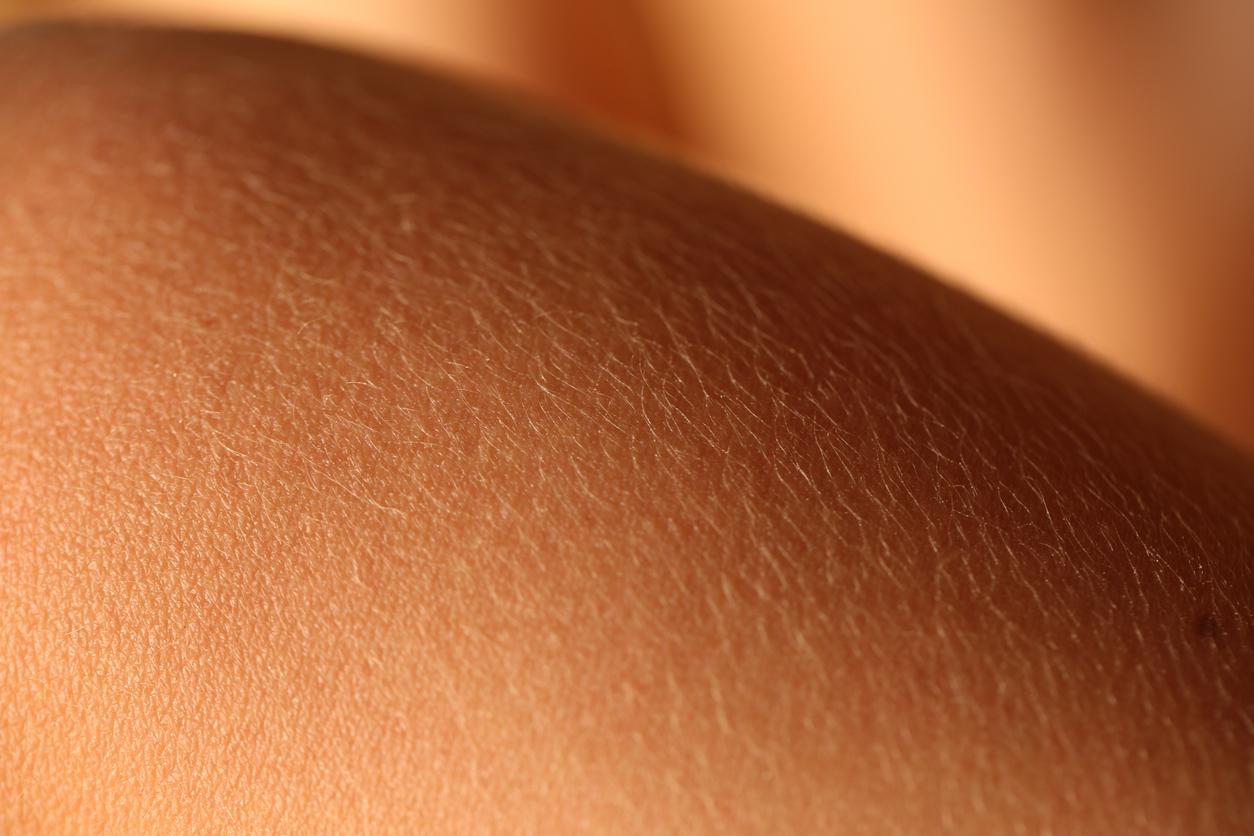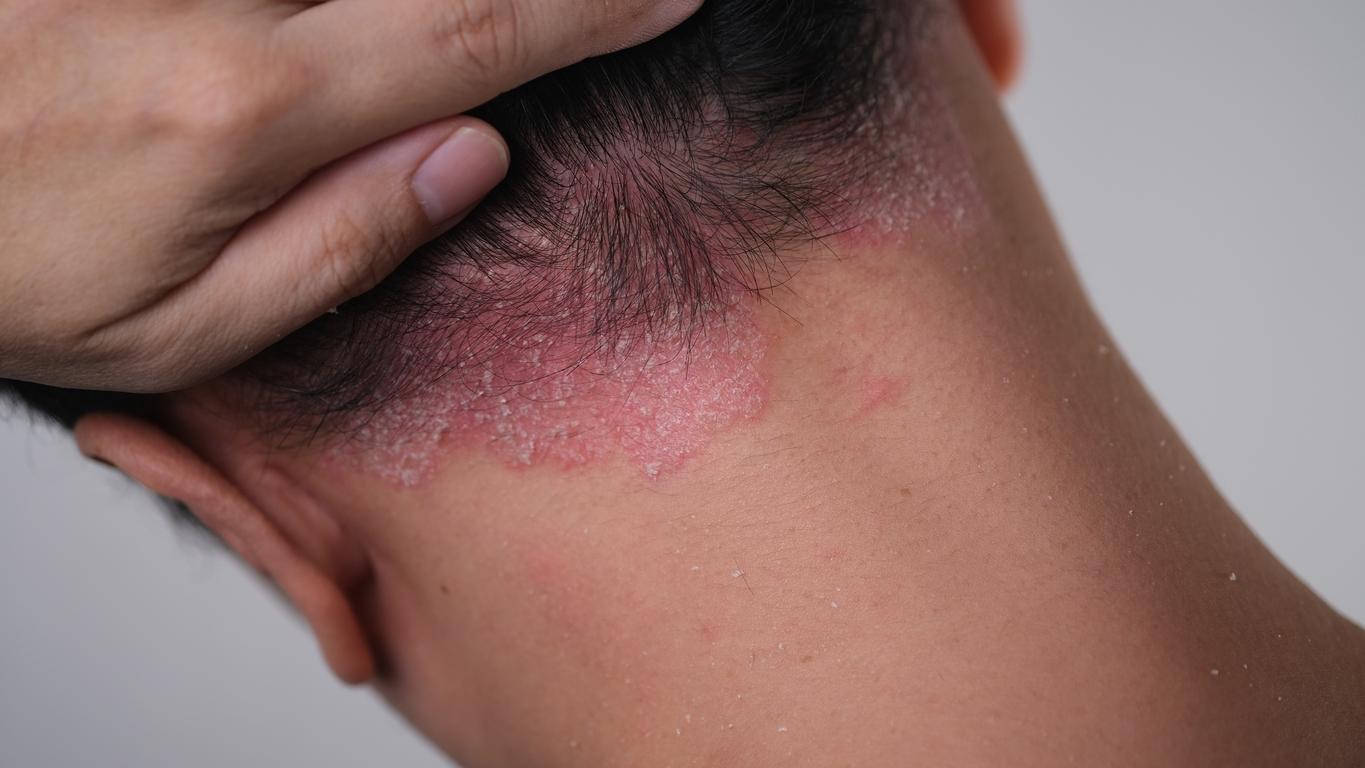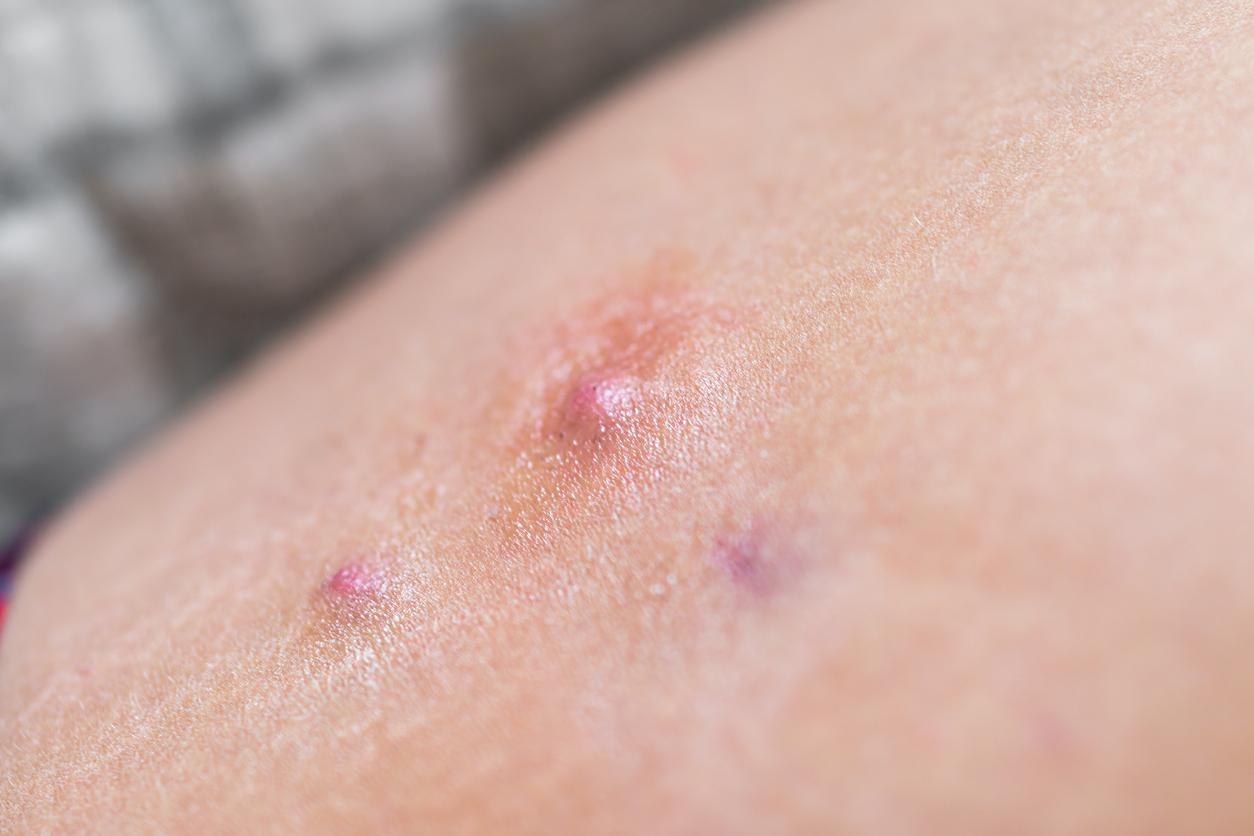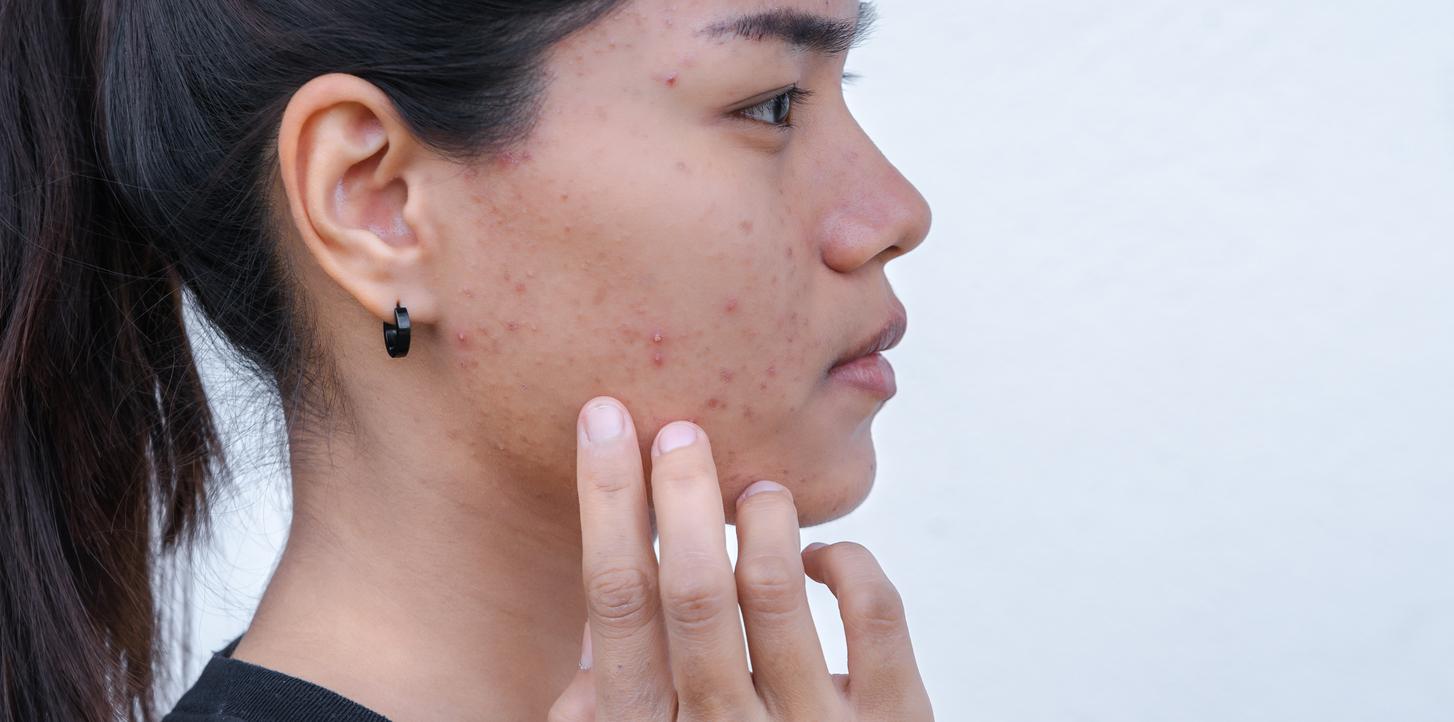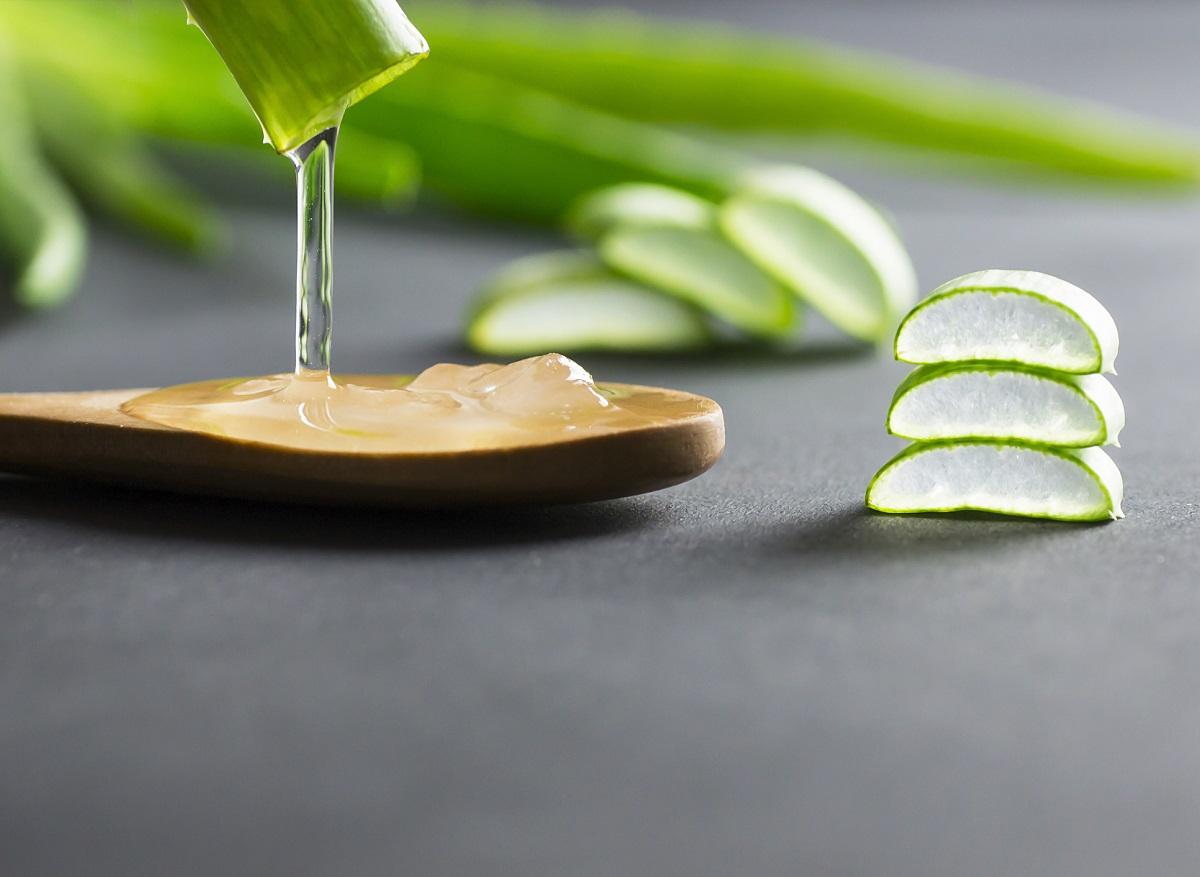A new tool that collects and monitors bodily fluids while adhering to the surface of the skin has been developed and paves the way for more accurate diagnoses and treatment of skin diseases and conditions like acne.
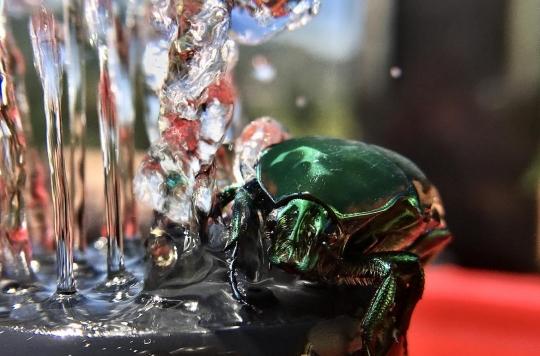
- Researchers have developed small artificial suction cups that can collect and monitor bodily fluids while adhering to the skin.
- A hydrogel is included and it measures pH levels and changes color based on acidity.
- The device should be applied to custom patches.
Sometimes it is enough to observe nature to find the best solutions. In any case, this is how Canadian researchers at McGill University managed to invent a smart device for personalized skin care modeled on the beetle. In a study published on June 16 in the journal Science Advances they explain how their treatment works.
A hydrogel that changes color depending on the pH
Diving beetles are aquatic insects that have evolved special adhesive hairs to cling to their companions underwater. They are found on the male’s forelegs and have unique suction cup-like structures and cavities that provide strong attachment against wet and uneven surfaces. It was this feature that interested researchers who investigated the possibility of developing a smart, real-time skin health monitoring device that could attach itself to its irregular surface.
Researchers have developed small artificial suction cups that can collect and monitor bodily fluids while adhering to the skin. They embedded fluid-capturing hydrogels in the cavities of the cups to monitor pH levels. This hydrogel is smart and changes color based on acidity levels. “By integrating machine learning techniques, we are also developing a software application that can automatically quantify pH levels from the color indicated by pH sensitive hydrogels.”, adds Bo-yong Park, lead author of the study.
custom patches
The researchers’ goal was to provide more precision than traditional non-invasive diagnostic devices for skin care. “These devices tend to be less accurate, difficult to use, and require expensive equipment to analyze the resultsBo-yong Park Point. The chemical adhesives used in the process can also cause skin irritation or sometimes damage, making them difficult to use repeatedly or for prolonged periods. Maintaining grip in different conditions like wet or curved skin surface can also be very difficult.”
The device is expected to be applied to customized skin treatment patches, medical adhesive materials and diagnostic technologies. “Based on our research results, we believe it could be used for on-the-spot diagnosis of skin disease biomarkers.”, assures the main author of the study.
.









